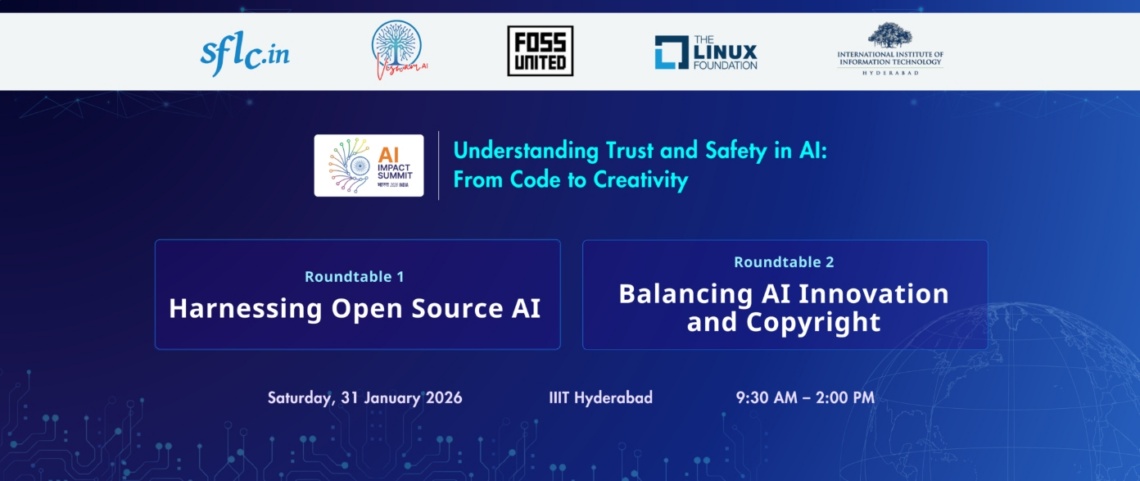Following a sudden surge in IPR litigation surrounding Standard Essential Patents (SEPs) in the last year, (around eight suits were filed by Swedish multi-national Ericsson alone, another three by Vringo Infrastructure. Read more here) the Department of Industrial Policy and Promotion (DIPP) recently released a “Discussion Paper on Standard Essential Patents and Their Availability on FRAND Terms”. The paper was released on 1st March 2016, with an objective of inviting views and suggestions from the public at large to develop a suitable policy framework to define the obligations of Standard Essential Patent holders and their licensees. Stakeholders’ comments are invited until 29th April 2016.
Here’s our take on the issue
Standards, particularly in technology-intensive industries, are de facto a supplemental form of international trade regulation, made in substantial measure by patent-holding private corporate actors. These parties devote considerable effort to embedding their patent monopolies in specific standards-recommended technologies. By doing so, they multiply the value of their patent rights by requiring licenses from all implementers of the standard. Even though Government of India now decisively prefers royalty-free and open standard goals for all nationally-developed standards, in many crucial industries, including telecommunications, regional or global standards organizations, such as IEEE and ITU, will impose “standard essential patent” monopolies on the Indian economy.
Recommendations concerning SEPs
-
Because section 3(k) of the Indian Patent Act makes computer programmes “per se” unpatentable, as recognized by the Patent Office in its recent guidelines for examination of computer-related inventions, the Office should formally re-emphasize that computer program source code (software per se) implementing standards-recommended technology can never, as a matter of Indian law, infringe SEP monopolies.
-
Required FRAND (Fair, Reasonable and Non-Discriminatory) license terms for SEPs identified in Indian national or nationally-adopted standards should be set by the Bureau of Indian Standards. Those license terms should establish both royalty rate and required royalty-free (RF) exceptions. Such exceptions should include required RF licensing for educational, experimental and research implementations of SEPs.
-
Required FRAND licensing terms set by BIS should establish royalties based on the Smallest Saleable Patent Practicing Component (SSPPC) measure, rather than as a percentage of the sale price of standards-compliant devices or products. BIS could co-ordinate with sectoral SSOs like Telecom Standards Development Society India;
-
BIS should directly regulate the use of Non-Disclosure Agreements to modify or negate, whether directly or indirectly, the required FRAND licensing terms imposed by SEP-holders on standards-compliant licensees;
-
BIS should be the dispute resolution body of first recourse in case of any infringement dispute related to SEPs and BIS should decide on the FRAND terms for licensing of SEPs;
-
The Government of India has notified the Policy on Open Standards for e-Governance in November 2010 and the policy mandates that the Government shall adopt Single and Royalty-Free (RF) Open Standard progressively for a “specific purpose with in a domain”, to meet the laid down objectives of the Policy. Standard Setting Organisations in India should strive to ensure that standards that are adopted are Open and Royalty-free. The Indian SSOs should try to emulate World Wide Web Consortium (W3C), an SSO which works on standards for the web, which mandates its members to license patents that are essential for implementing a standard on a royalty-free basis;
-
The Government could also look at compulsory licensing as an option to ensure that holders of Standard Essential Patents do not abuse their dominant position and to protect public interest.
Full text of our comments submitted to DIPP. [PDF]



